The best place to search for dark matter can be the bowels of the Earth
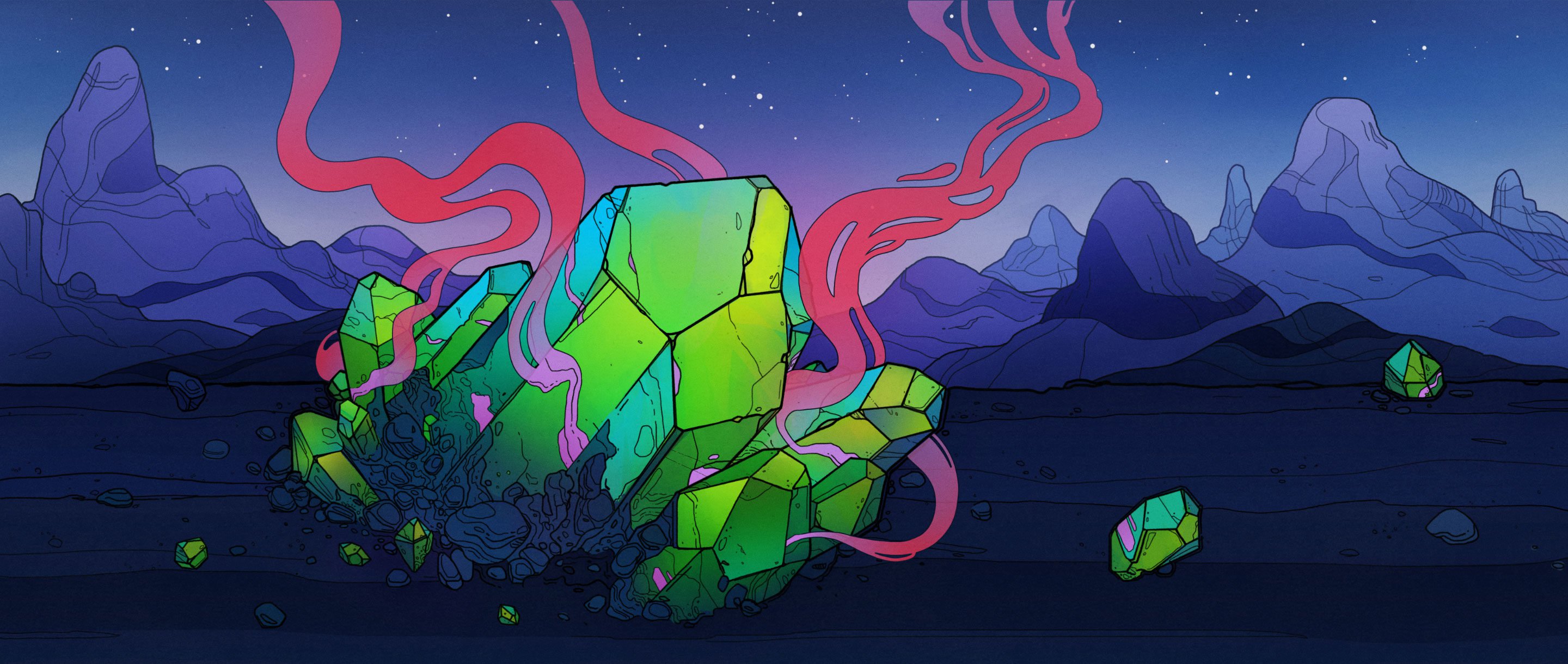 Source:
Source:
Nearly two dozen underground labs around the world, lined with vats of liquid or blocks of metal and semiconductors, scientists are looking for traces of dark matter. Their experiments are getting harder and harder, and the search is all accurate, but so far no one has found direct evidence of the existence of the mysterious substance that makes up 84% of all matter in the Universe. According to a new study, we need to Mature to the root, that is even deeper.
Dark matter is different from the normal baryonic matter — matter composed of stars, galaxies, dogs, people and everything else that doesn't interact with anything in any way except through gravity (and possibly the weak nuclear force). We don't see it, but physicists are almost certain that it exists, and as a sculptor sculpts of the galaxy on their journey through space.
For many decades the preferred candidates for dark matter particles has been a modest hypothetical particles — "wimpy" (WIMP), or weakly interacting massive particles. Many experiments trying to find wimpy in the footsteps of their collisions with ordinary matter. In this scenario, the wimp has to touch the atomic nucleus via the weak force. Scared the core will bounce and emit energy in some form, a flash of light or a sound wave. The detection of such subtle phenomena requires sensitive instruments that are usually placed deep underground. This is mainly because the tools will be protected from cosmic rays that also can cause a reaction of kernels.
After a decade of searching for these weak signals, scientists have found almost nothing. And now, a team of physicists from Poland, Sweden and the US suggested a new idea. They believe that we need to look at germanium, and xenon scintillators in detectors under the earth's crust. They believe that we need to look at the very earth's crust. In the annals of rock, and which records are covered by the layers of history of our Solar system, we could find a fossil record of disturbed atomic nuclei frozen traces WIMPов.
"We are always looking for alternative approaches," says Katherine Freese, a theoretical physicist from the University of Michigan and developed the ideas that formed the basis of the available detectors.
Underground paleoplacer will work similarly to the modern methods of direct detection. Instead of having to equip the laboratory with a large volume of liquid or metal for the monitoring of outbreaks WIMP in real time, you can look for fossilized traces of WIMP bumping into atomic nuclei. Some classes of minerals would record such traces.
If the kernel bounces with sufficient energy, and if perturbed atoms then find themselves deep underground (to protect the sample from cosmic rays, which can confuse the data), the trace of the rebound can be maintained. If so, then scientists can unearth the stone, take it apart by layers of time and explore the events of the past, using sophisticated methods of nonvisualization, like atomic force microscopy. The end result would be trace fossils: trace sauropods during his escape from the predator, only in terms of dark matter.
theTiny tracks
About five years ago, Friz started looking for ideas for new types of detectors together with Andrzej Crociera, a physicist from Stockholm University, who began his career with the study of dark matter detection, before to do Biophysics. One of their ideas that was developed together with biologist George Church, concerned detectors for dark matter, based on DNA and reactions of enzymes.
In 2015, Drukier went to the Russian cities of Novosibirsk, to work on a prototype of a biological detector which will be placed under the earth's surface. In Russia he learned of the wells drilled during the cold war, some of which go for 12 miles down. No cosmic rays can't penetrate that far. Drukier was intrigued.
The Usual dark matter detectors are relatively large and very sensitive to sudden events. They conduct their search within a few years, but for the most part looking for WIMP signals in real time. Minerals, though relatively small and less sensitive to interference, can embody the search, which lasted hundreds of millions of years.
"These chunks of rocks are extracted from a very, very deep cores, almost a billion years," says Drukier. "The deeper you go, the more they are older. No need to build the detector. The detector is already in the ground."
But the earth has its own problems. The planet is full of radioactive uranium, which produces neutrons as they decay. These neutrons can also dislodge the core. Frieze says that the initial work of scholars describing palaeodietary, did not consider noise, which is generated by the decay of uranium, but a lot of comments from other interested scientists forced them to go back and revise the document. The team spent two months studying the thousands of minerals, to understand which of them is isolated from the decay of uranium. They argue that the best palaeodietary will consist of marine evaporites — essentially, rock salt or rock containing very little silica, which are called ultra-basic rocks. In addition, they are looking for minerals that contain a lot of hydrogen, because hydrogen effectively blocks the neutrons arising from the decay of uranium.
A Search of traces in the soil could lead us to the low-mass winam, said trace Slatyer, a theoretical physicist from mitInstitute, who did not participate in the research.
"You are looking for a kernel that seems to be no reason jumping, but must jump at a certain value, to be noticed. If the ball ping-pong table will collide with the bowling ball, you will not notice much of the last offset — if you are not able to register the smallest changes in the movement of the bowling ball".
thethe Most complicated experiment
The field will be difficult. to be conducted deep underground, where the core samples are protected from cosmic and solar radiation. And for evidence rastolchennyh cores will require modern methods of nonvisualization.
According to Slater, even if the WIMP will leave a visible scar, the main problem of paleoglacial is proof that fossil footprints are really born with a dark matter particle. Researchers have to spend a lot of time to convince myself that the interaction with the nuclei is not the job of the neutrons, neutrinos, the Sun, or something else.
"Have to drop quite deep to protect themselves from cosmic rays. But this is not a lab. This is not controlled conditions. You may not know the full history of the stone deposits. Even if you find a signal it will take a lot more work to make sure that you don't see any background."
Drukier and Friz believe that the power of paleodictyon may be in numbers. The rock contains many minerals, each of which contains an atomic nucleus, which bounce off the marauding winow. Therefore, different elements will serve different detectors, but they will all be enclosed in a single core sample. In the future, paleoplacer could even provide a record of vinah in time, just as fossils allow paleontologists to reconstruct the history of life on Earth.
According to Slater long chronicle could offer a unique perspective on dark matter halo of the milky Way, a cloud of invisible material, through which passes the Earth when the solar system makes its movement along the orbit in 250 million years around the galactic center. Understanding the distribution of dark matter halo of the milky Way can give an idea about its physical behavior, says Slater. Perhaps it will also show whether dark matter can interact in ways that go beyond gravity.
"It is here that theory and modeling are under active development," she says. "Can we find dark matter", asks Drukier. "I spent thirty-five years in her quest. This is probably the most complex experiment in the world, so we might not be so lucky. But it's cool."
I'll figure out someday? Tell us in our
Recommended
Can genes create the perfect diet for you?
Diet on genotype can be a way out for many, but it still has a lot of questions Don't know what to do to lose weight? DNA tests promise to help you with this. They will be able to develop the most individual diet, because for this they will use the m...
How many extraterrestrial civilizations can exist nearby?
If aliens exist, why don't we "hear" them? In the 12th episode of Cosmos, which aired on December 14, 1980, co-author and host Carl Sagan introduced viewers to the same equation of astronomer Frank Drake. Using it, he calculated the potential number ...
Why does the most poisonous plant in the world cause severe pain?
The pain caused to humans by the Gimpi-gympie plant can drive him crazy Many people consider Australia a very dangerous place full of poisonous creatures. And this is a perfectly correct idea, because this continent literally wants to kill everyone w...
Related News
In "lost" lake in Antarctica found the remains of life
Reveal the secrets hidden in the history of the planet , can only be the work of many research groups. Each of them does their job — for example, SALSA was carefully studying the lake, hidden under thick layers of Antarctic ice. I...
For the land we will have self-driving cars. As for the seas?
Drones. Self-driving cars. Flying robotaxi. If you believe the headlines of the last few years, ground transportation in the future will replace the robotic coaches, and fixtures, requiring virtually no human intervention, unless ...
Scientists have created a robotic copy of ancient reptiles
Paleontologists around the world are trying to learn as much about the animal world of the past. They are trying to learn how animals looked, what they eat and how they move. Scientists from Switzerland and Germany took a big step...
On the moon killed the first plant
news Agency "Xinhua" with reference to the Chongqing University scientists reports that a single seed of cotton grown inside a special sealed capsule, delivered by the spacecraft "Chang'e-4" on the surface of the back side of the ...
We will all die from ice? Antarctica is melting before our eyes
the Problem of global warming , but recent studies by American and Dutch scientists are forced to look at it entirely from a different angle. According to the results published in the Proceedings of the National Academy of Science...
Astronomers spoke about the unique system with protoplanetary disk
Investigated using complex radio telescope ALMA, located in Chile's Atacama desert, a quadruple star system really surprised astronomers. It turned out that she has one feature that is never met in practice and up to this point ex...
A smartphone can be an effective radiation in case of nuclear disaster
In case of a nuclear accident personal electronics could be used as a reliable dosimeter radiation contamination, according to Science News, citing the work of scientists from the University of North Carolina, which will be publis...
Five scenarios of the end of our Universe
Looking at our Universe today, is very easy to get excited about what they saw. The stars in our night sky is only a small part, a few thousand of the hundreds of billions of what is present in our milky Way. He is just all alone ...
Bacteria in the nose can protect from the flu
When it comes to human health, many people mistakenly believe that bacteria are our enemies. They forget that they are very important for the body and performs a major role in the digestive process. Researchers from the University...
Why is it that our telescopes can't find the "ninth planet"?
a History of astronomy has been a history of receding horizons. The invention of the telescope brought us beyond the ability the naked eye to the millions (and billions) of stars of our milky Way. Use pictures and multi-wavelength...
Editing tool CRISPR genes will help to find new antibiotics
researchers from the University of Wisconsin-Madison and their colleagues from the University of California in San Francisco applied the tool to edit the genes to study which genes affect specific antibiotics. They plan to better ...
During the eruption of the black hole seemed kinda "light echo"
We tend to think that black holes consume all the matter around you — but in fact they are not only , but also can throw out almost as much as they get. Sometimes they seem absolutely crazy. Not long ago, astronomers noticed a bla...
What's the worst pain and suffering?
Some say that life is pain. But they are optimists. In fact, life is not pain, that pain, plural: teeth pain, lower back pain, the pain of parting, the pain of loss, the pain of dissonance, stomach pain and sore throat, pain fatig...
Scientists may for the first time saw the birth of a black hole
the Astronomers could for the first time witness the transformation of a star into a black hole or a neutron star, according to the portal Space.com. The signal is very powerful emission of radiation, jokingly nicknamed by the sci...
The opinion of a venture capitalist: the AI will replace 40% of the world's workers for 15 years
According to one of the leading experts in the field of artificial intelligence, after 15 years, 40% of the work in the world will be performed by the machines. Kai-Fu Lee, a pioneer in the field of artificial intelligence and Chi...
Scientists: Use black holes for space travel, but only with caution
One of the most interesting themes in modern science fiction is the concept of using black holes as portals to another universe, time or dimension. Many astrophysicists claim that in these terms is simply impossible. However, a gr...
#CES | IBM introduced its first quantum computer mass production
IBM introduced its first commercial quantum computer for use outside the laboratory. 20-Cubana the system combines in one box the quantum and classical computing components needed to use these machines for research and business ap...
In the future you will walk to the store for food, and the food from the store to you
Know what the problem is with the view of the future of food? That almost all forecasts are incorrect. Where, for example, all these cows the size of dogs that need to graze in my backyard? Where the food is in pill form? Despite ...
A new mechanism of activation of the immune system to fight cancer
Our immune system is designed in an interesting way. On the one hand, it can overcome almost any infectious agent. On the other hand, the immune system very often does not "see" any immediate danger. Something like this happens wi...
Management of large telescopes want to charge small satellites
Not so long ago in resignation was sent to the space telescope "Kepler", which scientists have confirmed the existence of thousands of exoplanets. His successor, TESS goes to work instead of "Kepler" and is going to find more cele...



















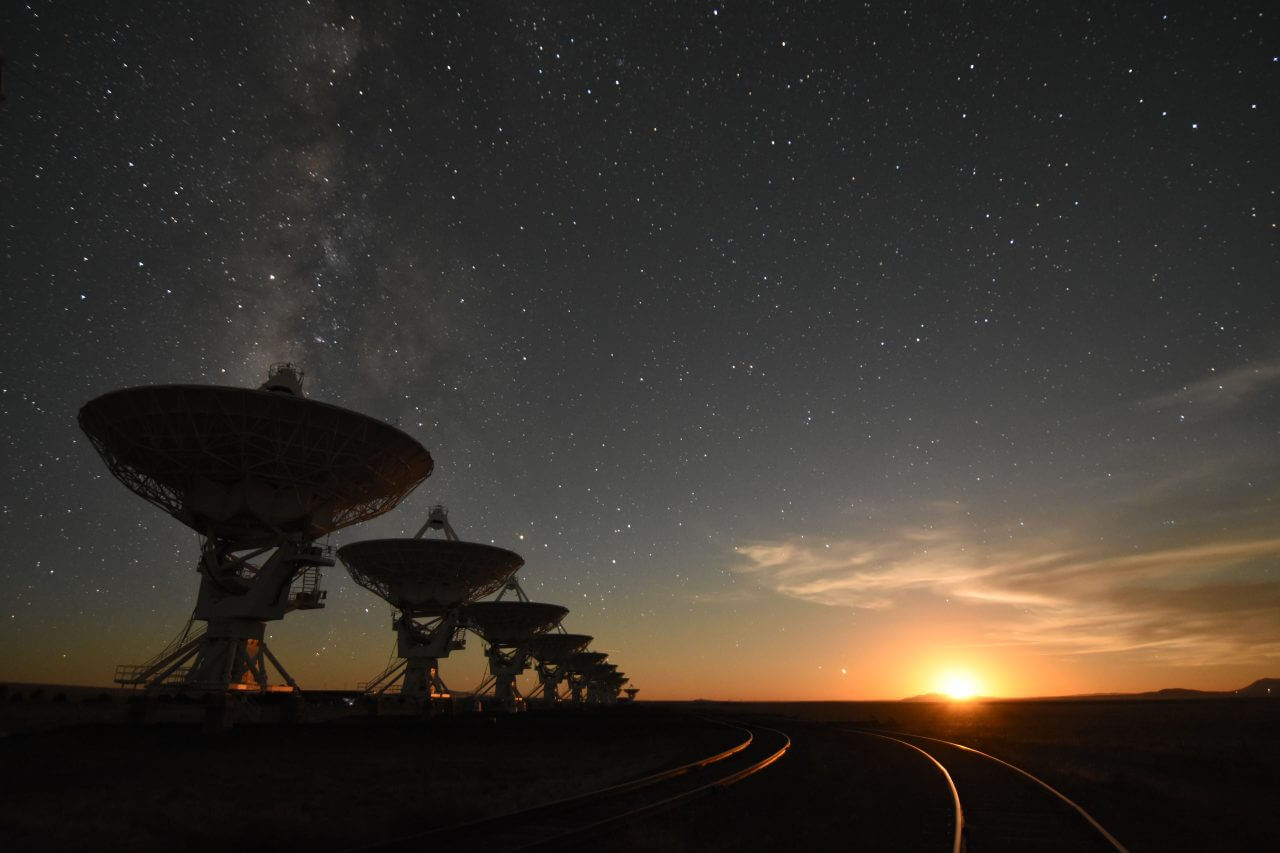
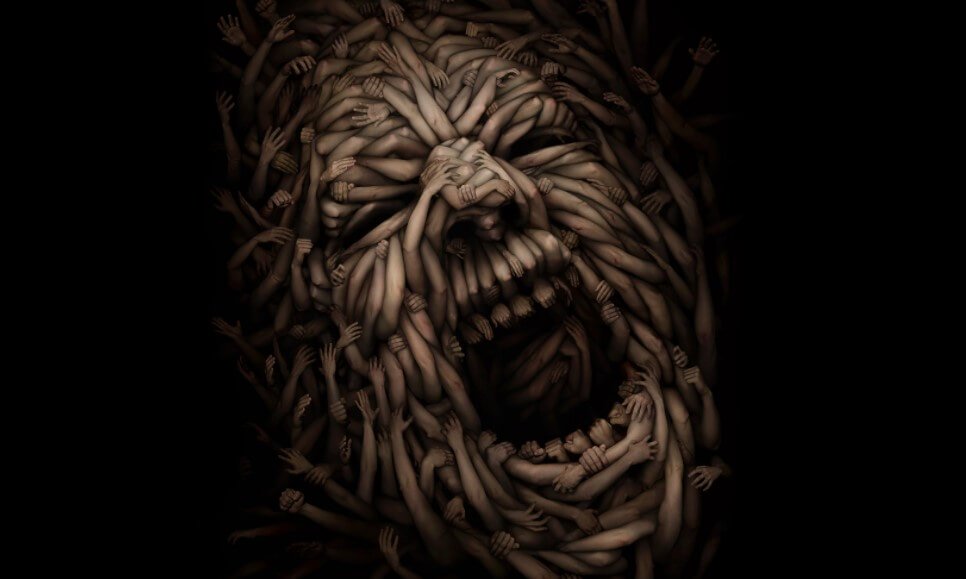

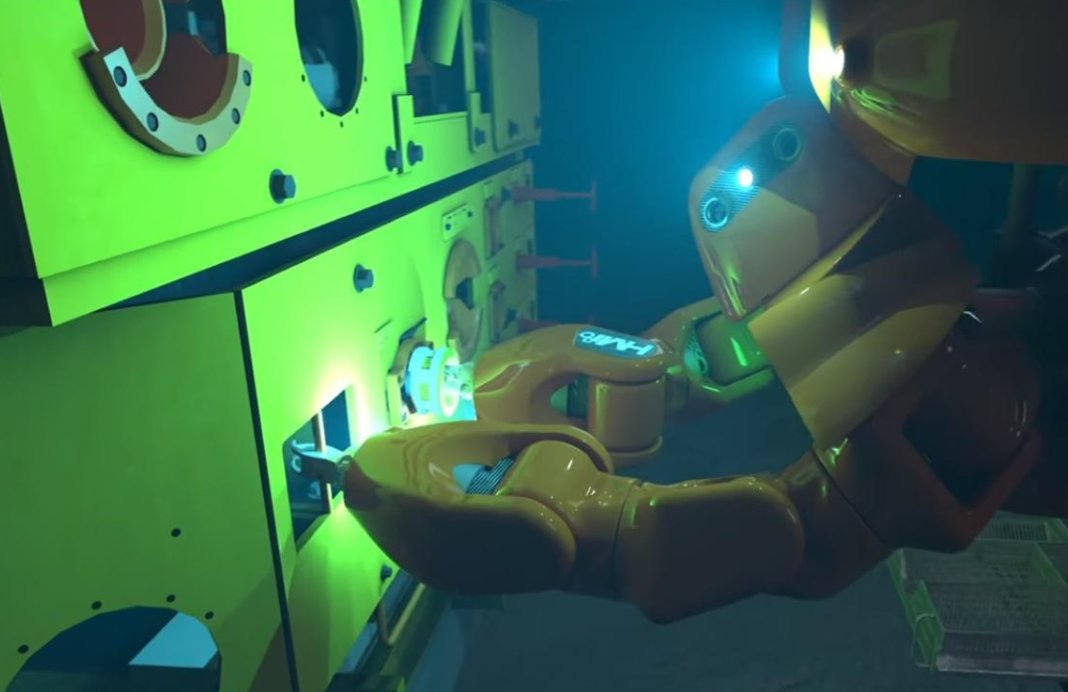
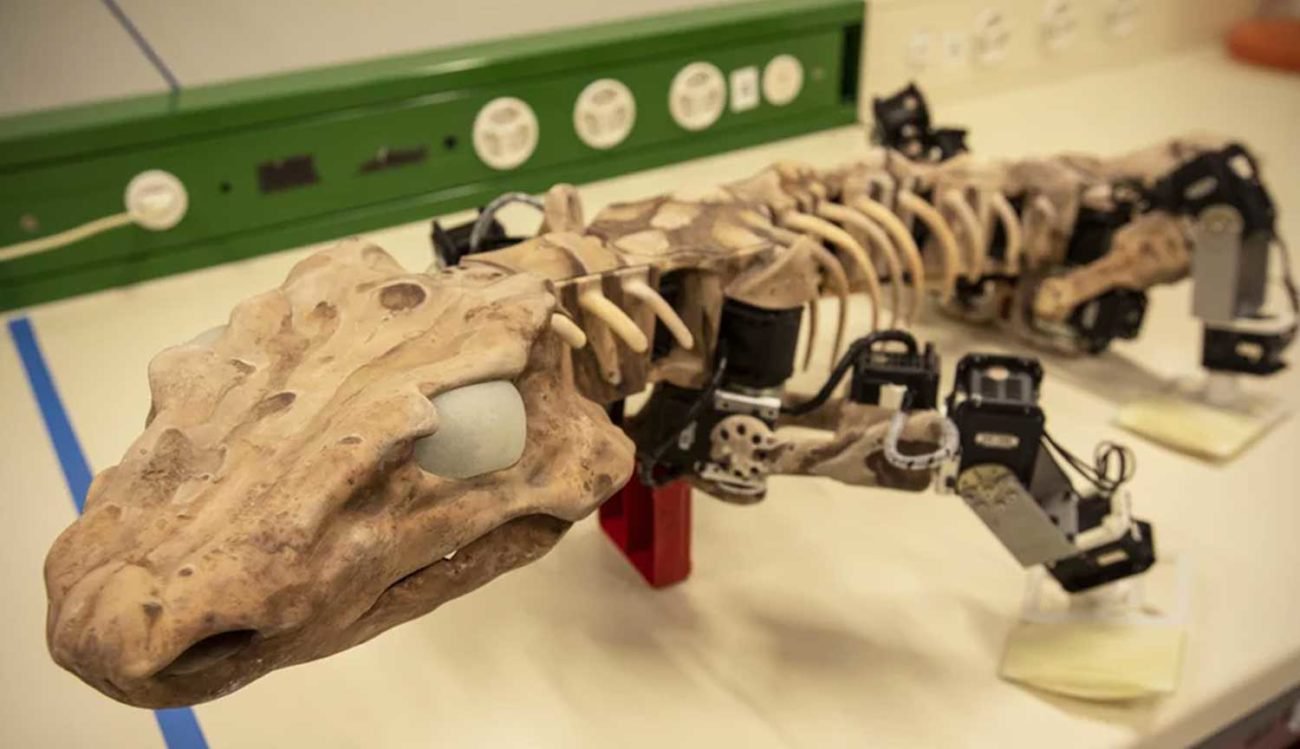
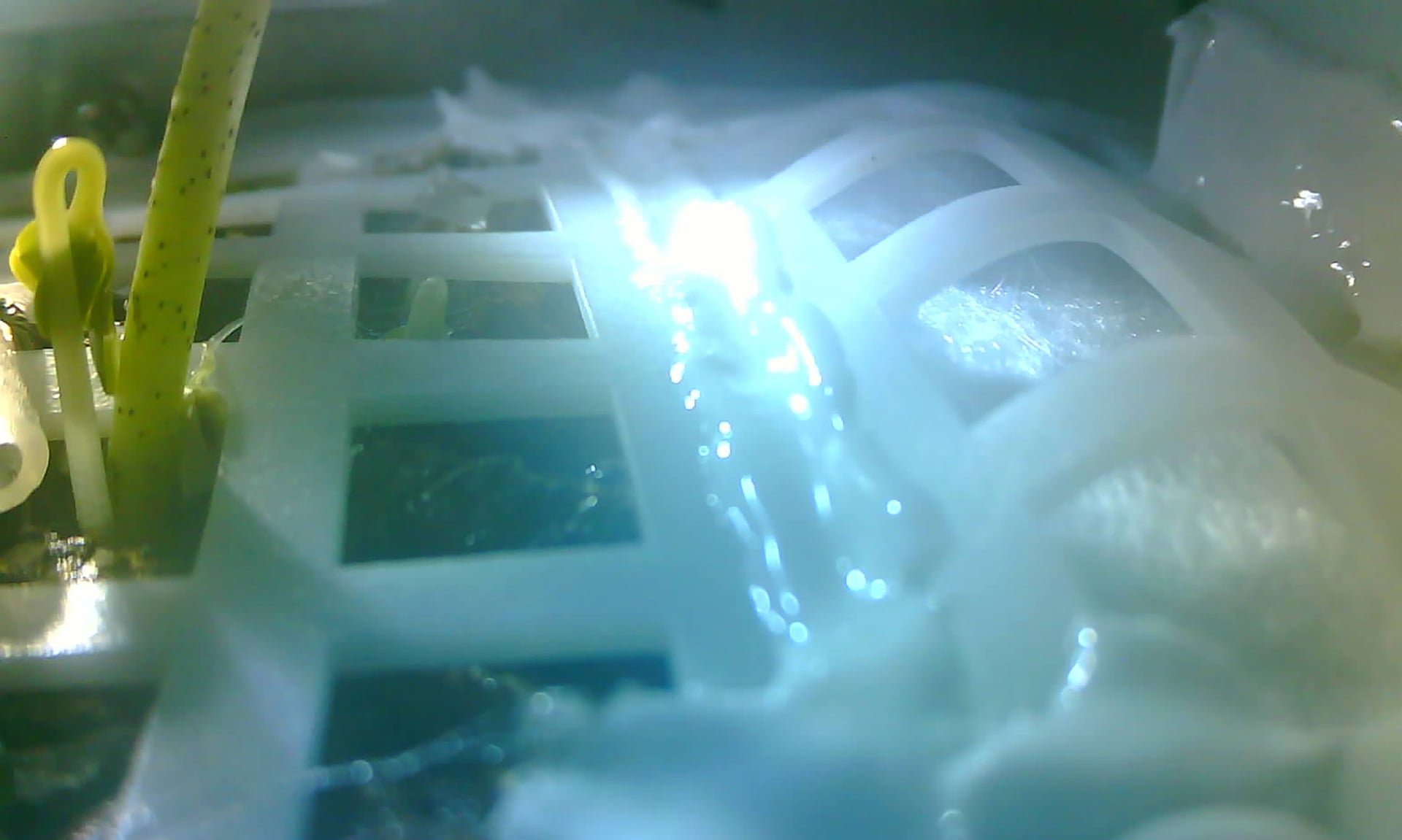

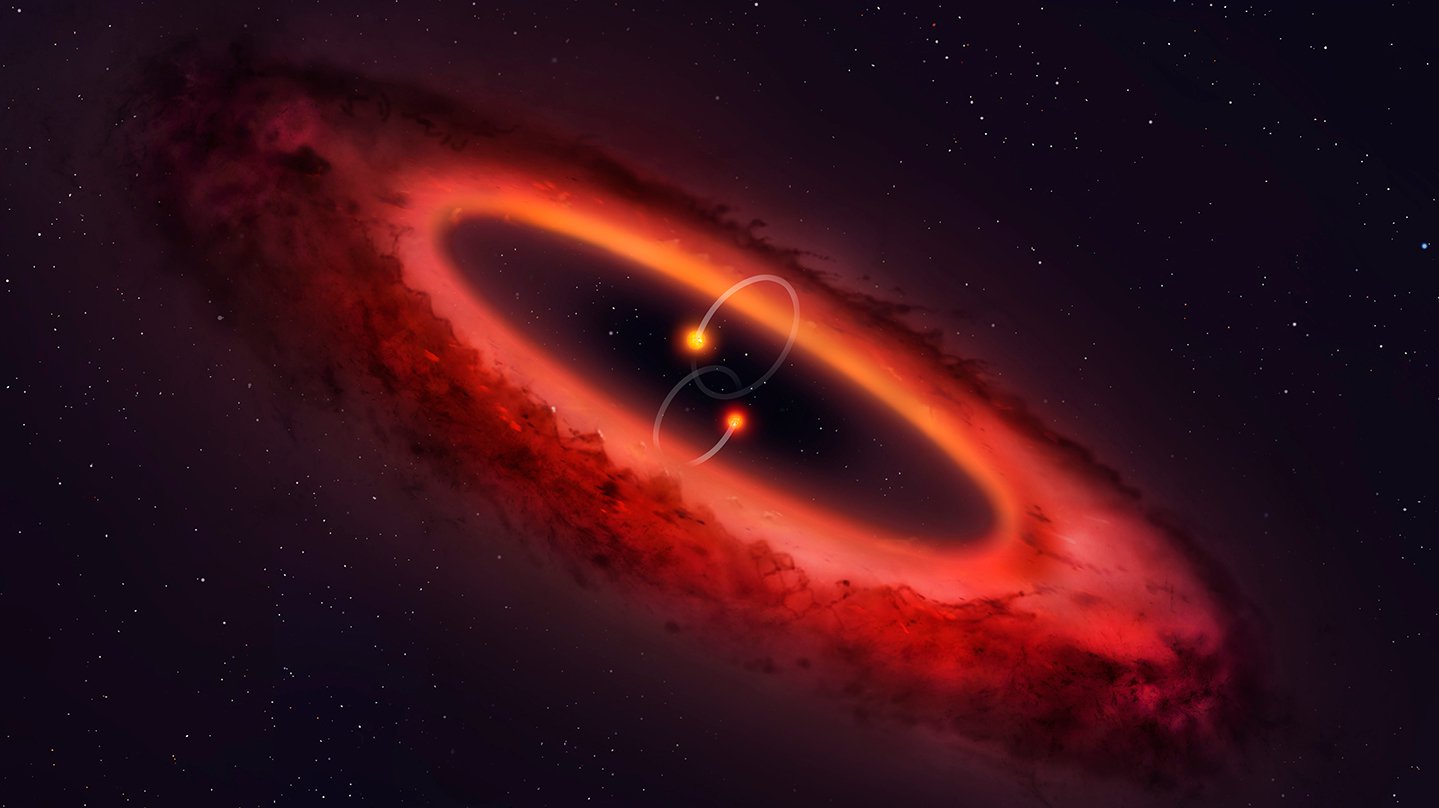
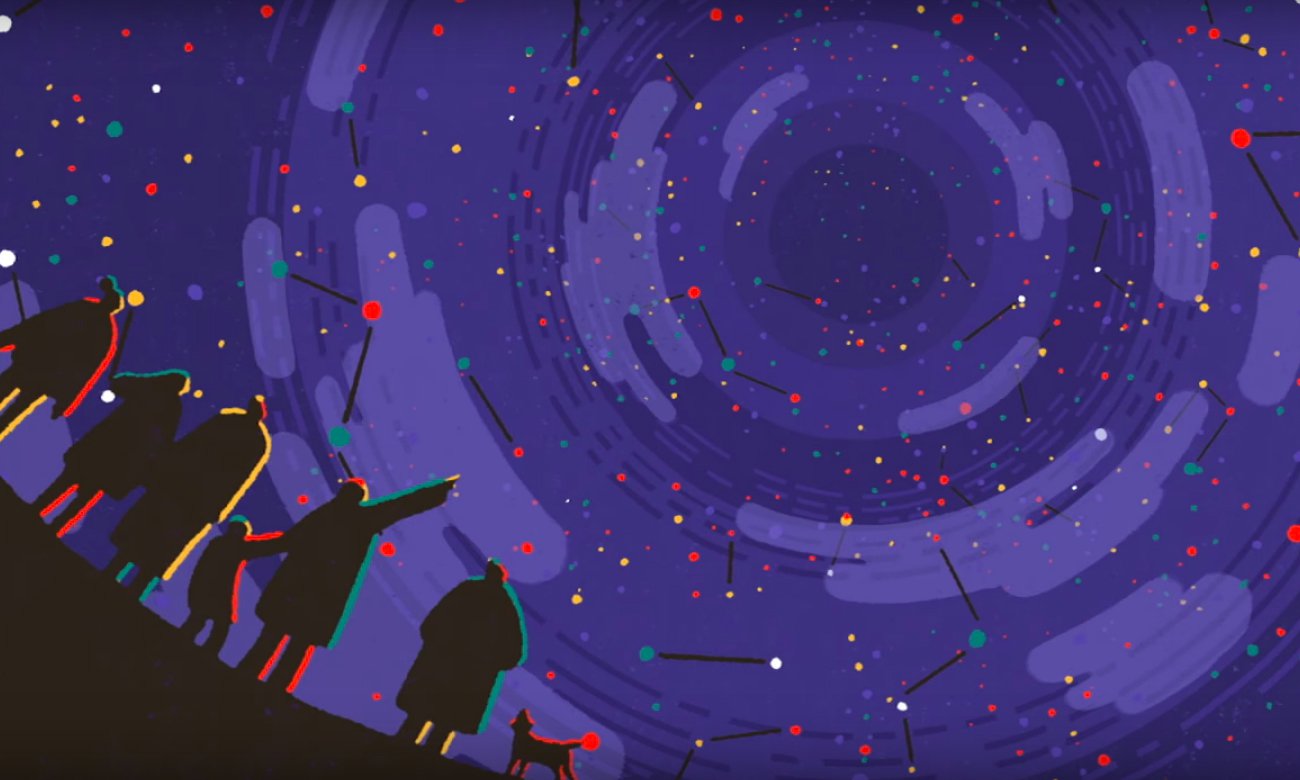

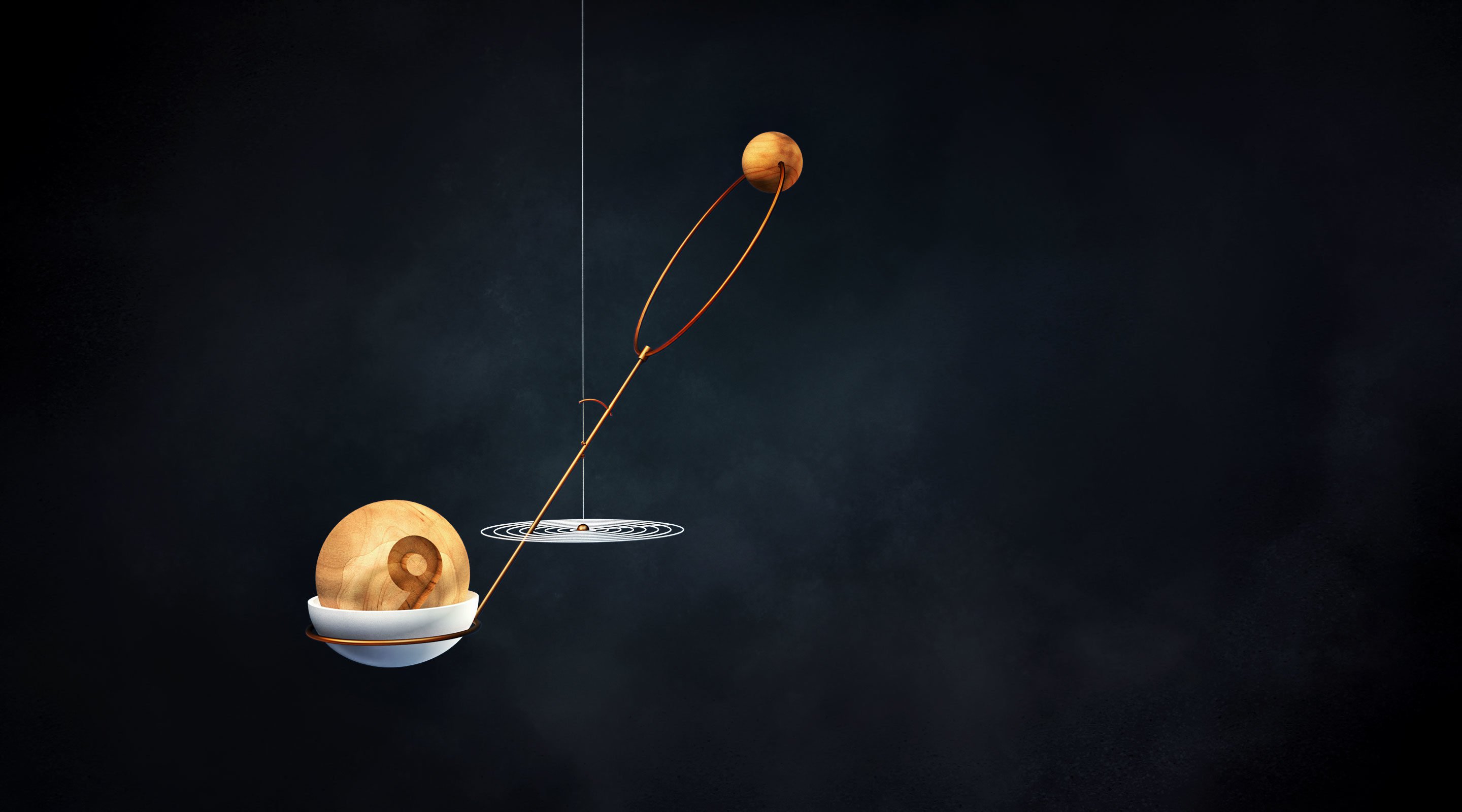
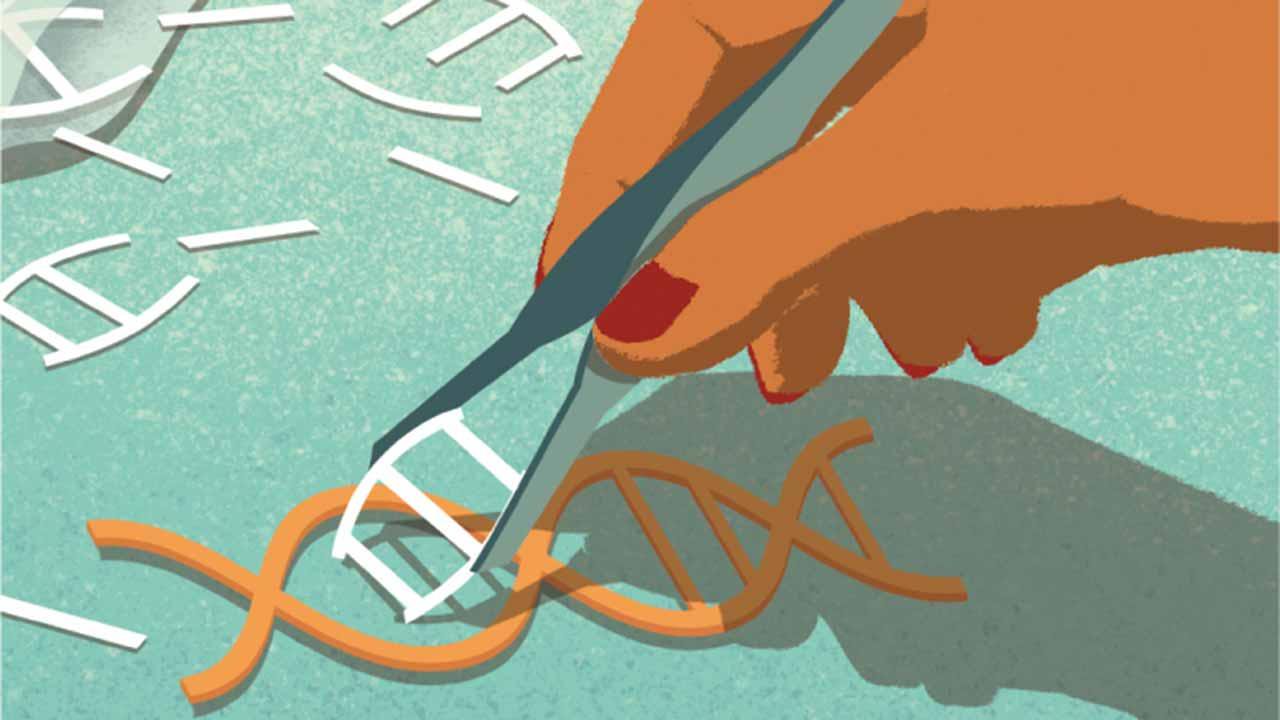
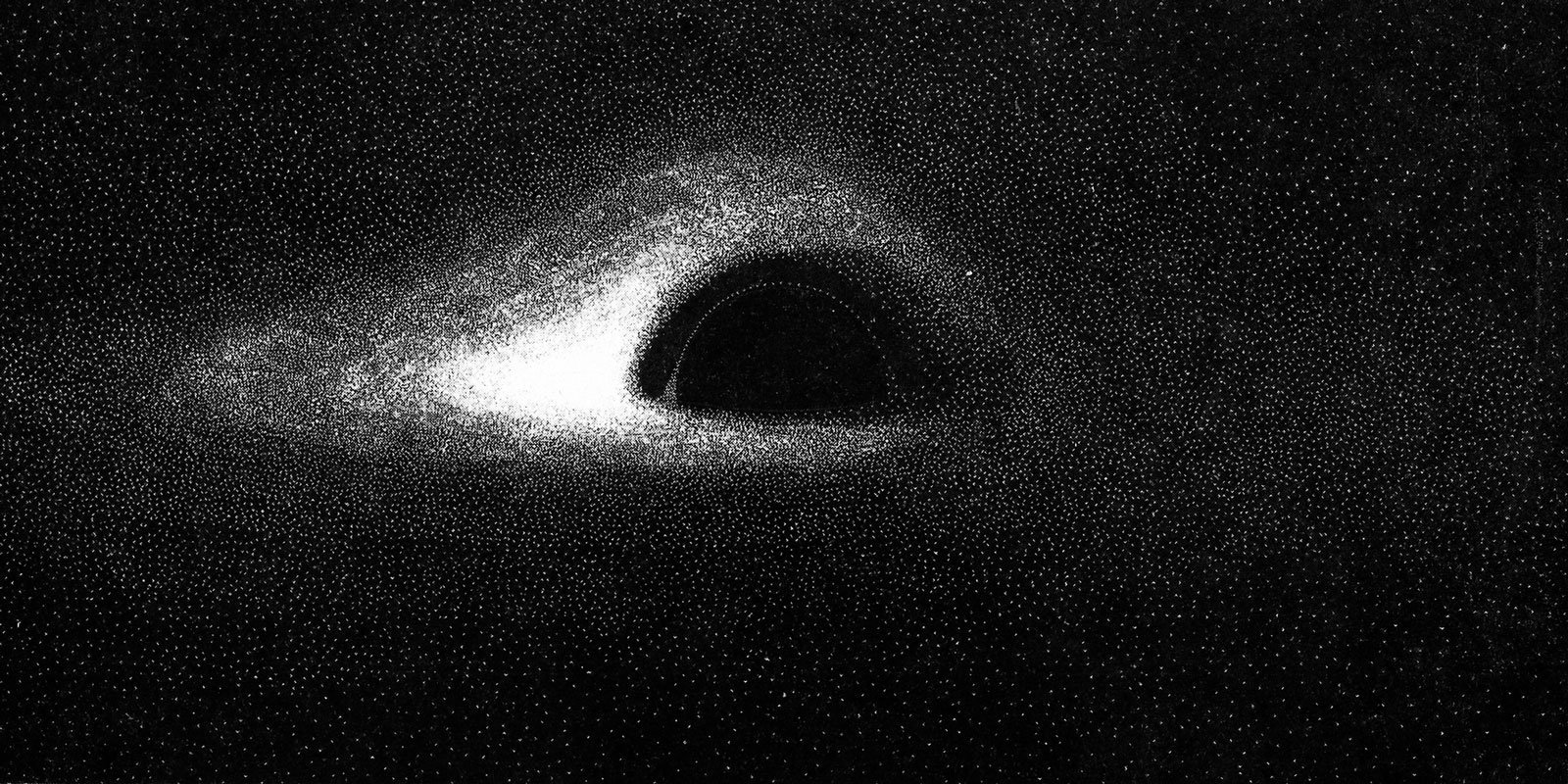

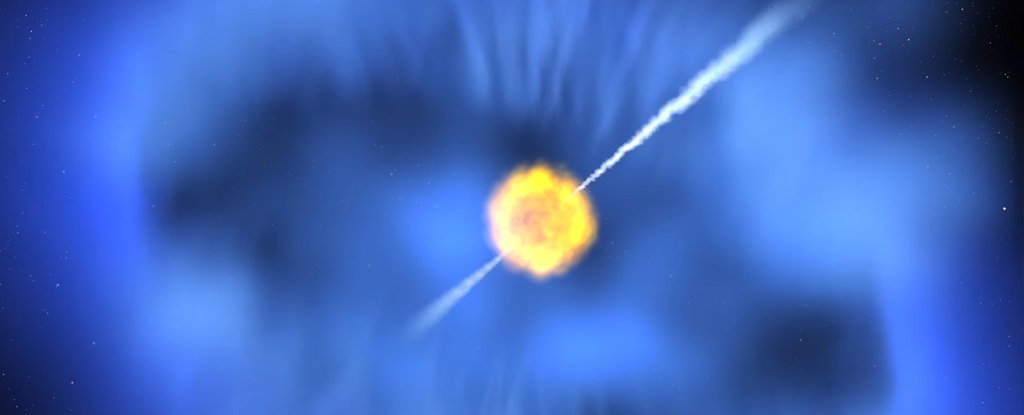


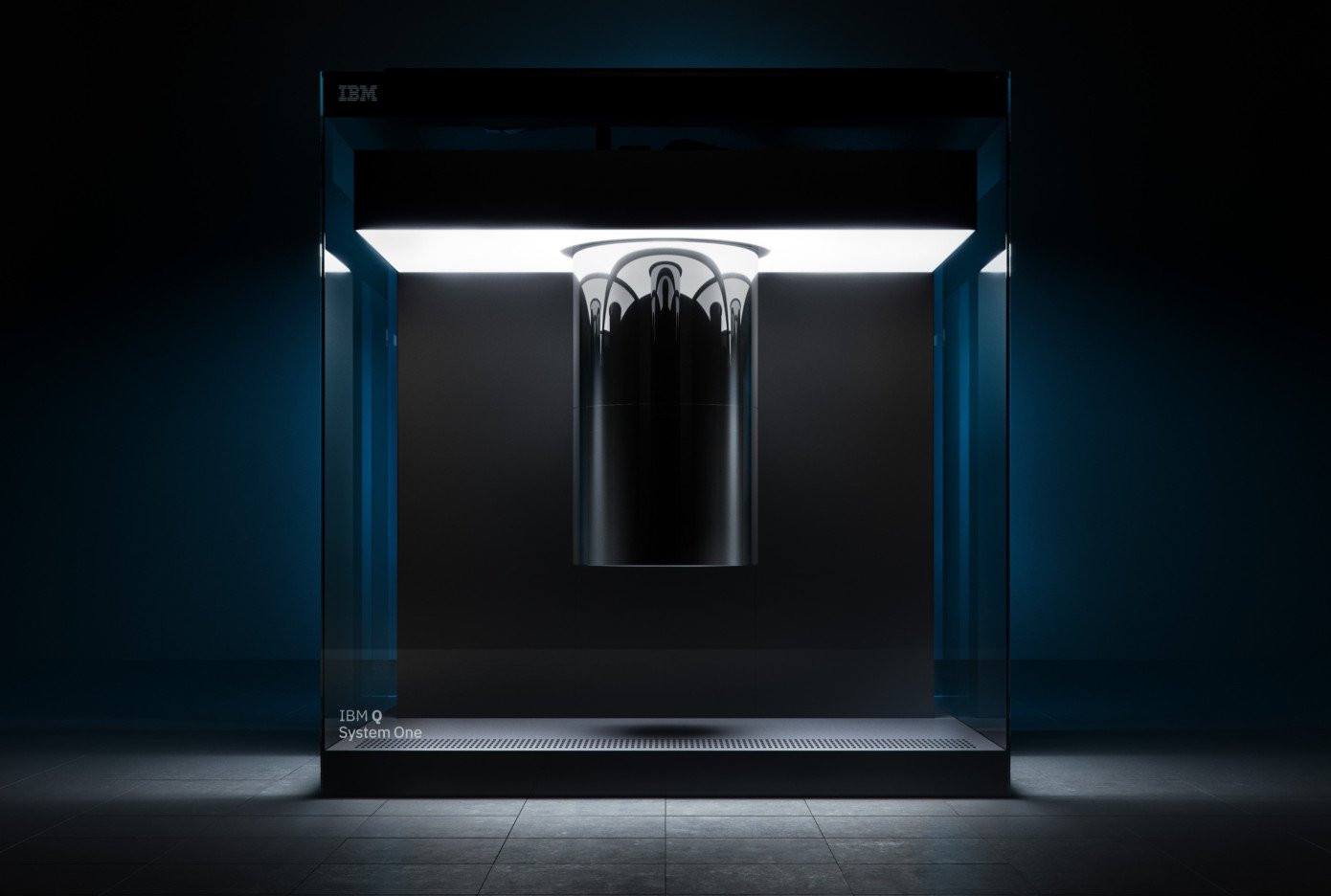

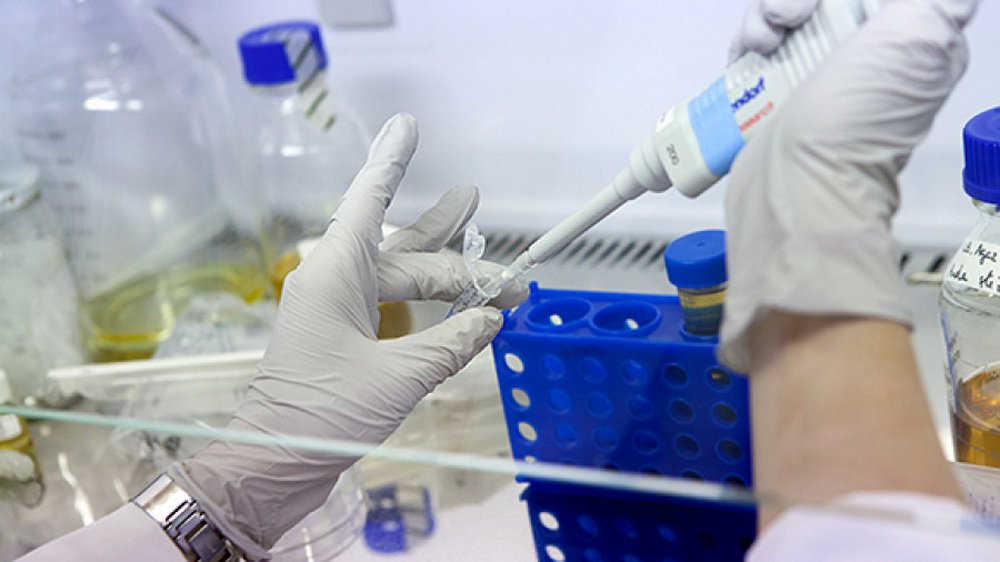
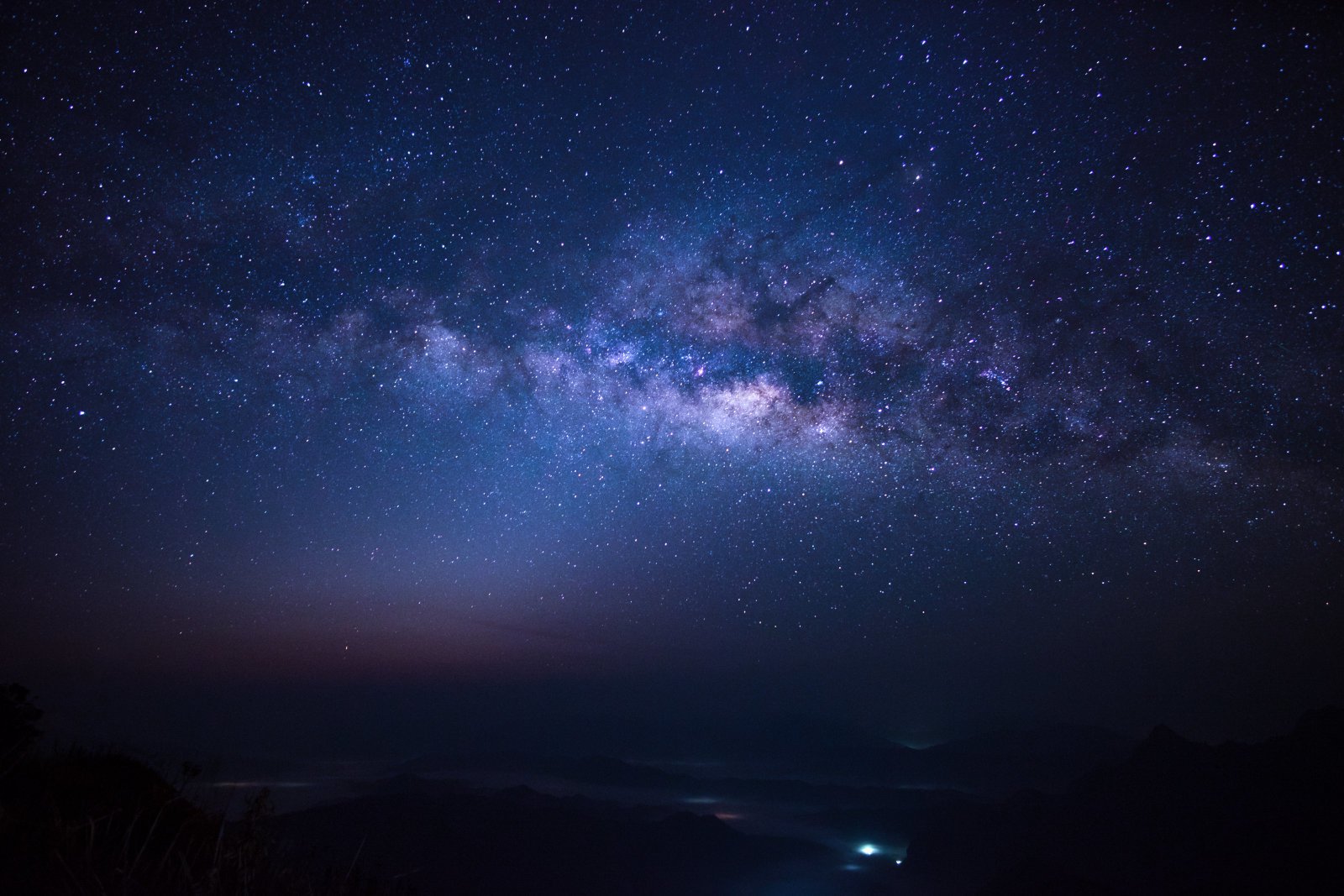
Comments (0)
This article has no comment, be the first!